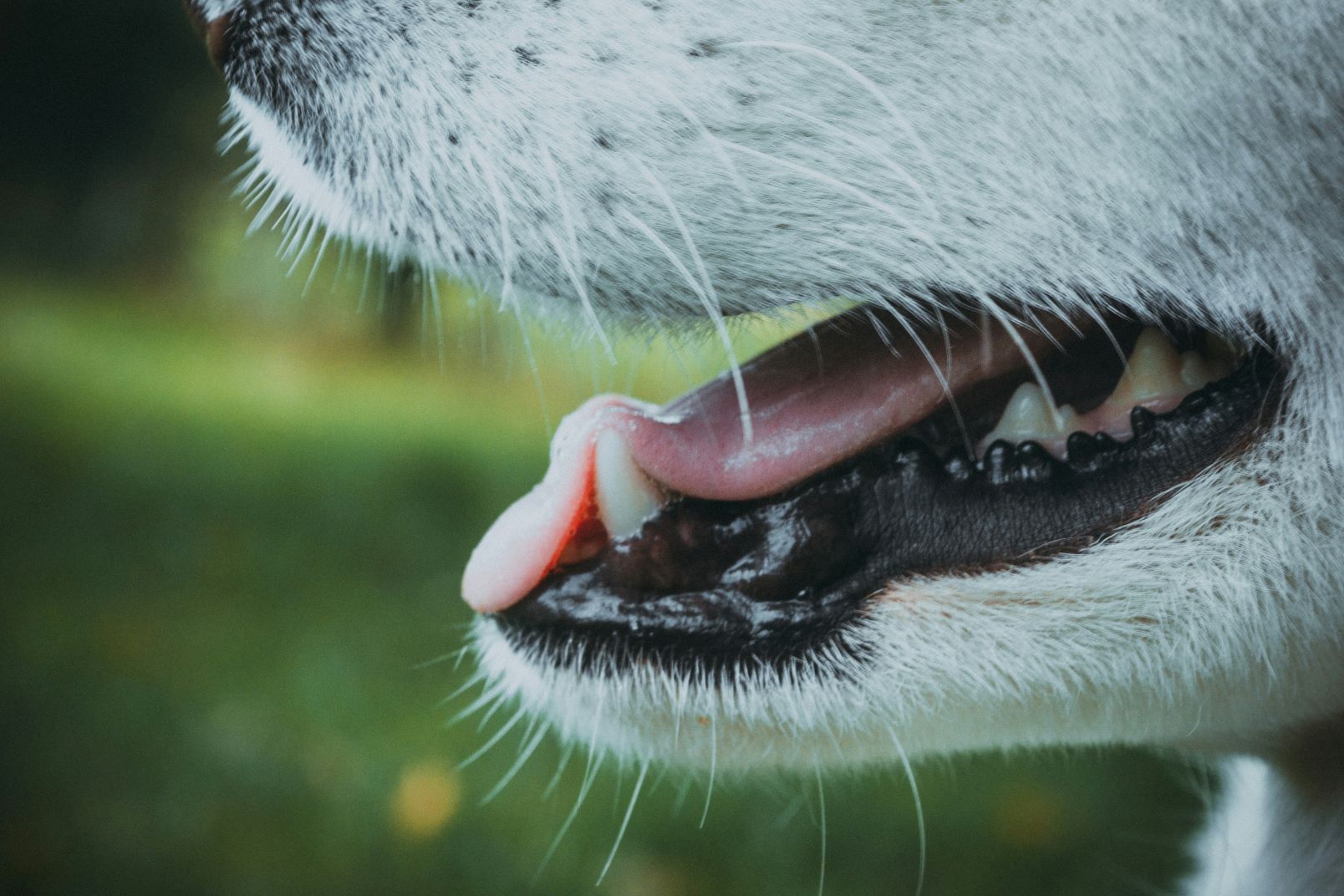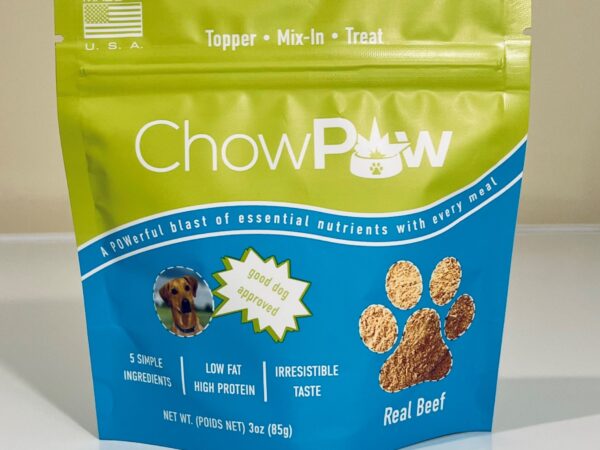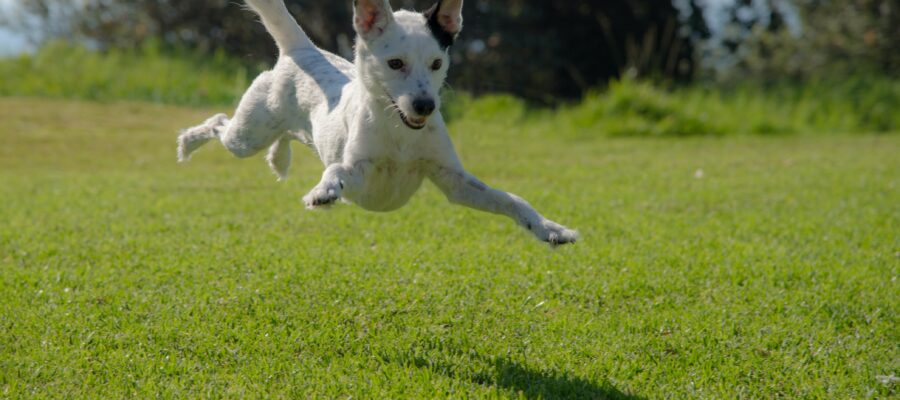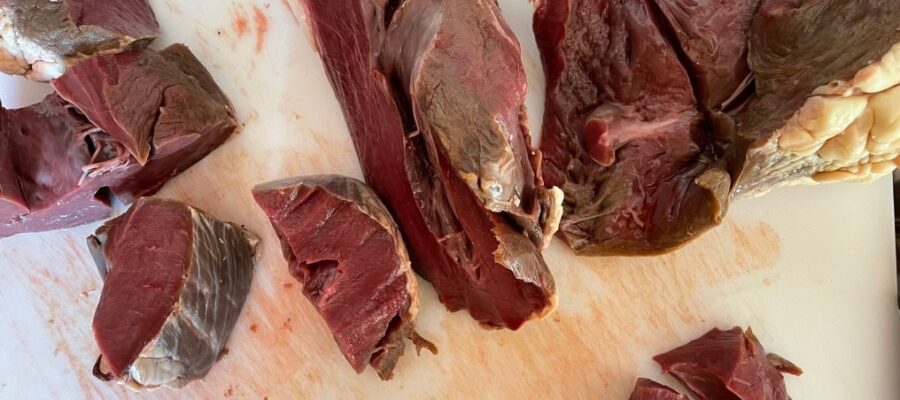
Do Dental Chews Work For Dogs? Chomping Their Way to a Healthy Smile
Good oral hygiene is vital for our furry friends. If you’re wondering, “Do dental chews work for dogs?”, the answer is yes – they can be a valuable tool. However, dental chews alone won’t solve all dental woes. Think of them as a tasty helper in your dog’s oral health routine.
The Benefits of Chewing for Dental Health
- Mechanical Cleaning: Chewing scrapes away plaque and tartar.
- Saliva Stimulation: More chewing means more saliva, which naturally washes away food debris and neutralizes harmful acids.
- Boredom Buster and Stress Relief: Provides mental stimulation and satisfies a dog’s natural desire to chew.
Best Dental Chews for Dogs: Types and Considerations
- Rawhide: A classic, but choose quality options, supervise chewing, and avoid choking hazards.
- Dental Chews: Come in various shapes and textures. Look for the Veterinary Oral Health Council (VOHC) seal of approval.
- Bully Sticks: A long-lasting chew, but be mindful of calories and watch for splintering.
- Edible Chews: Often contain breath-freshening ingredients like parsley.
- Antlers: Super durable but can be too hard, risking tooth fractures.
Do Dental Chews Work for Dogs? Important Factors
- Choose the Right Size: Match the chew to your dog’s size and chewing strength to prevent choking.
- Supervision is Key: Keep an eye on your dog, even with durable chews.
- Calories Count: Factor them into your dog’s daily food intake.
- Not a Substitute for Brushing: Do dental chews work for dogs? Yes, but they don’t replace regular teeth brushing. Check out our guide on how to keep your dogs teeth clean.
DIY Dental Treats: Healthy and Fun
- Frozen Carrots: For a crunchy, vitamin-rich, easy option, add carrots to their diet.
- Frozen Watermelon Cubes: Hydrating and sweet for hot days.
- Homemade Sweet Potato Chews: Dehydrate sweet potatoes for a chewy treat.
When to Worry: Signs of Dental Trouble
Even with the best dental chews for dogs, watch out for:
- Bad breath
- Bleeding gums
- Loose or discolored teeth
- Difficulty eating or reluctance to chew
If you notice these signs, schedule a checkup with your veterinarian.
Choosing the Best Dental Chews for Dogs
- Talk to Your Vet: Get recommendations based on your dog’s specific needs.
- Read Labels: It is important to know how to read and understand labels when shopping for items for your dog. Look for natural ingredients, VOHC approval, and avoid artificial additives.
- Variety is Key: Offer different types of chews for maximum benefit and to keep things interesting.
Do Dental Chews Work for Dogs? The Verdict
Yes, along with regular brushing, dental chews help support a healthy, pain-free mouth. They’ll thank you with fresh doggy breath and enthusiastic tail wags!






